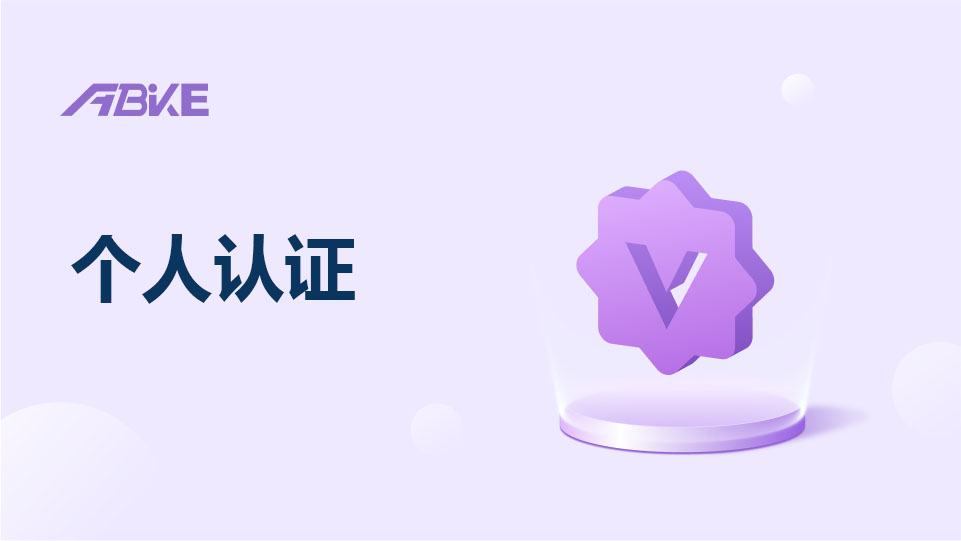 400-076-6558智领未来,外贸超级营销员
400-076-6558智领未来,外贸超级营销员
 400-076-6558智领未来,外贸超级营销员
400-076-6558智领未来,外贸超级营销员

In the Brazilian market, INMETRO certification is not just a formality—it’s a legal requirement for many products, especially those related to energy efficiency. According to recent data from the Ministry of Industry, Trade and Services (MDIC), over 72% of imported electrical appliances were rejected in 2023 due to non-compliance with INMETRO standards—most commonly because of missing or incorrect energy labels.
INMETRO (Instituto Nacional de Metrologia, Qualidade e Tecnologia) sets technical regulations and enforces product conformity in Brazil. For B2B exporters, this means: if your product falls under the regulated categories (e.g., refrigerators, air conditioners, LED lighting), you must obtain INMETRO certification before entry.
“All equipment subject to labeling must carry an official INMETRO energy label indicating its class (A to G). This is mandatory for all imports sold in Brazil since 2022.” — INMETRO Regulation No. 12/2021
The energy label applies to over 40 product groups including household appliances, industrial motors, and HVAC systems. Key steps include:
| Category | Minimum Efficiency Requirement | Label Class Range |
|---|---|---|
| Refrigerators | ≥ 2.0 kWh/day | Class A to G |
| LED Lighting | ≥ 80 lm/W | Class A+ to D |
Once certified, companies face annual surveillance—a random inspection by INMETRO or third-party agencies like Intertek. In 2023, 34% of audits found discrepancies between labeled performance and actual output, leading to fines up to R$50,000 per violation.
To avoid surprises:
Example: A Chinese manufacturer supplying compressors to a Brazilian appliance brand lost their INMETRO license after failing two consecutive audits—not due to faulty design, but inconsistent labeling practices across batches.

Based on our experience supporting over 40 export clients in Latin America, here are key takeaways:
If you're preparing for Brazil, don't wait until the last minute. Proactive preparation saves time, money, and reputation.
👉 Immediately get the INMETRO Compliance Checklist PDF Template
.png?x-oss-process=image/resize,h_100,m_lfit/format,webp)
.png?x-oss-process=image/resize,h_100,m_lfit/format,webp)

.png?x-oss-process=image/resize,h_100,m_lfit/format,webp)
.png?x-oss-process=image/resize,h_100,m_lfit/format,webp)
.png?x-oss-process=image/resize,h_100,m_lfit/format,webp)
.png?x-oss-process=image/resize,h_100,m_lfit/format,webp)
